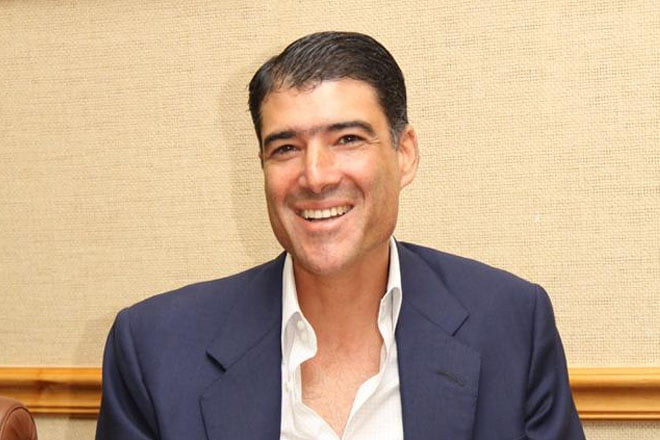NASSAU, BAHAMAS — Sarkis Izmirlian, Baha Mar’s original developer has secured another victory in a US Supreme Court after a judge dismissed a counter claim by the mega resort’s main contractor for shareholder oppression.
Izmirlian’s BML Properties vehicle successfully persuaded the New York State Supreme Court to dismiss China Construction America’s counterclaim for shareholder oppression.
Justice Saliann Scarpulla also agreed to the motion by BML Properties Ltd to strike the demand in the counterclaims for punitive damages.
A summation of the dispute noted that CSCEC, CCA’s parent had agreed to invest $150 million into the Baha Mar development project in exchange for 150,000 Series A shares.
The Baha Mar development project was projected to be completed by 2015. The parties did not meet the 2015 deadline and the development project was halted.
In June 2015, Baha Mar Ltd. began bankruptcy proceedings in the United States Bankruptcy Court for the District of Delaware. In July 2015, the Government of the Bahamas filed a “winding up” action against Baha Mar Ltd. and affiliates, including BML.

BML subsequently commenced legal action against CSCEC and CCA for fraud, breach of contract, and breach of the implied covenant of good faith and fair dealing. CSCEC countered for breach of contract, breach of the implied covenant of good faith and fair dealing, and shareholder oppression under the Bahamas Companies Act.
In its request for relief, CSCEC sought monetary damages, costs and attorneys’ fees, and punitive damages. BML moved to dismiss CSCEC’s counterclaim for shareholder oppression on the ground, among others, that was not viable under New York law and sought to strike the punitive damages demand as unwarranted.
CSCEC had alleged that BML took actions that were oppressive to the company, such as diverting money to entities controlled by BML, for purposes unrelated to the development project, and that BML withheld material information from CSCEC relating to the project’s design and finances.
BML argued that the shareholder oppression counterclaim was based on a Bahamian statute, the Bahamas Companies Act, which is not the law applicable to the parties’ relationship. BML also argued that the parties are subject to New York Law pursuant to a governing law provision in the Investors Agreement, and that CSCEC’s shareholder oppression counterclaim could not survive a motion to dismiss pursuant to New York law.
CSCEC contended that the Investors Agreement did not mandate the application of New York law to all causes of action that may arise as a result of the parties’ relationship.
CSCEC claimed that the New York choice of law provision should be narrowly applied only to the interpretation of the Investor Agreement itself.
CSCEC further argued that, because its shareholder oppression counterclaim was not based on the Investor Agreement, but instead based on a Bahamian statute, the governing law clause in the Investor Agreement was inapplicable.
Judge Scarpulla however determined that New York law applied to the counterclaim alleging shareholder oppression. He had ruled similarly in a previous decision denying CCA’s motion to arbitration and dismissal of the proceedings for lack of jurisdiction.
He noted that the parties had “plainly and broadly” agreed that New York law, not Bahamian law, would govern their relationship.
“Moreover, the parties directly disclaimed any choice of law analysis,” Scarpulla said.
“CSCEC has not alleged that the Governing Law clause is invalid or that its enforcement would be unreasonable or against public policy. Thus, there is no reason to ignore the parties choice of New York law simply because a Bahamian statute is more favorable to CSCEC. Further, CSCEC’s argument that New York law only applies narrowly to the interpretation of the Investors Agreement is meritless.”
BML had argued that the shareholder oppression counterclaim be dismissed because to bring a cause of action for shareholder oppression in New York, a party must have voting rights, which CSCEC did not have and that the only remedy that New York law provides for shareholder oppression is winding up of the corporation, which has already taken place; and that CSCEC waived its right to bring the shareholder oppression counterclaim pursuant to the Investors Agreement, because the parties have waived all common law fiduciary duties.
The judge found that because CSCEC did not own 20 per cent voting shares and because Baha Mar Ltd. has already been dissolved, there was no basis for CSCEC’s shareholder oppression counterclaim.






